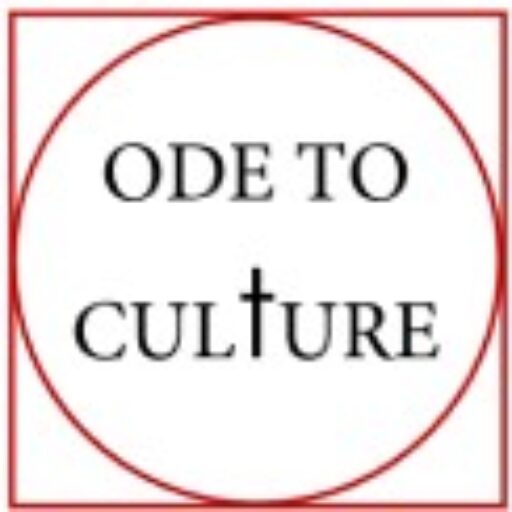Prompt 15: March 1, 2022
The idea for this topic came from a void I encountered in a conversation when trying to articulate what I meant by “work ethic.” The term is probably thrown around by and about people who think of themselves as “hard workers”, or “go-getters”, or other self-definable terms to embellish a resume. The concept that stumped me is a common axiom in this area (Washington D.C.) which demands the most personal benefit for the least demanding effort. It is very specific in this sense, so it was a bit harder to untangle, but my frustration with the term “work ethic” led me to deconstruct it– an ethic of work. This gave me a different respect for the phrase.
Work– mechanically, it is something done, but in our case, we take up the meaning as labor–human effort put toward a task. It is what God gave Adam to do, after first working six days himself. It is a thing that all people need, though its tasks adapt through aging. I defer to advisors to explain a theological understanding of work and what is permissible on Sabbath to develop a more thorough definition than I can provide. There is temptation to associate wages earned with the value of work, but for this conversation, we ought to differentiate the two variables.
Utility– the impact of the work on the broader culture. It is often used as a loose measurement of how valuable the accomplished work is to others. Without a moral framework for our worldview, utility is a universally acceptable (secular) ethic. Utility itself has no definable goal, so the best way to explain it is by its antithesis; utility is the product of a hatred toward waste. Waste in this sense would be work or effort that does not affect others.
Dignity– deserving of honor; the only eligibility for life. I cannot provide the philosophical context to support the depth of our society’s presupposition of inherent human dignity. The most I can say is purpose and use are not the same thing; a utilitarian ideology will not answer the question of what people are for. We may all be unequipped to relate to this question of dignity through work, as far as being college educated and employable, but not all people are fit for the conventional modern workforce; they are no less than we are.
Our world has recently taken significant steps toward calamity. In hard times, the husk of a culture’s values is shed. All slack is purged from our systems as we focus our corporate energy at the apparent problem. I fear that the things that are most true are only found in the dark. I fear our culture doesn’t have the moral infrastructure to resist the temptation to prioritize utility and define dignity as a function of work in the face of calamity. It may seem far removed from a quibble over work ethic, but our moral failings affect more than ourselves, especially in haste.
What is the proper Ethic of Work that assumes dignity, appreciates work, and is responsible about utility?
The thread is open. Create boldly, and may the Spirit guide us all.

